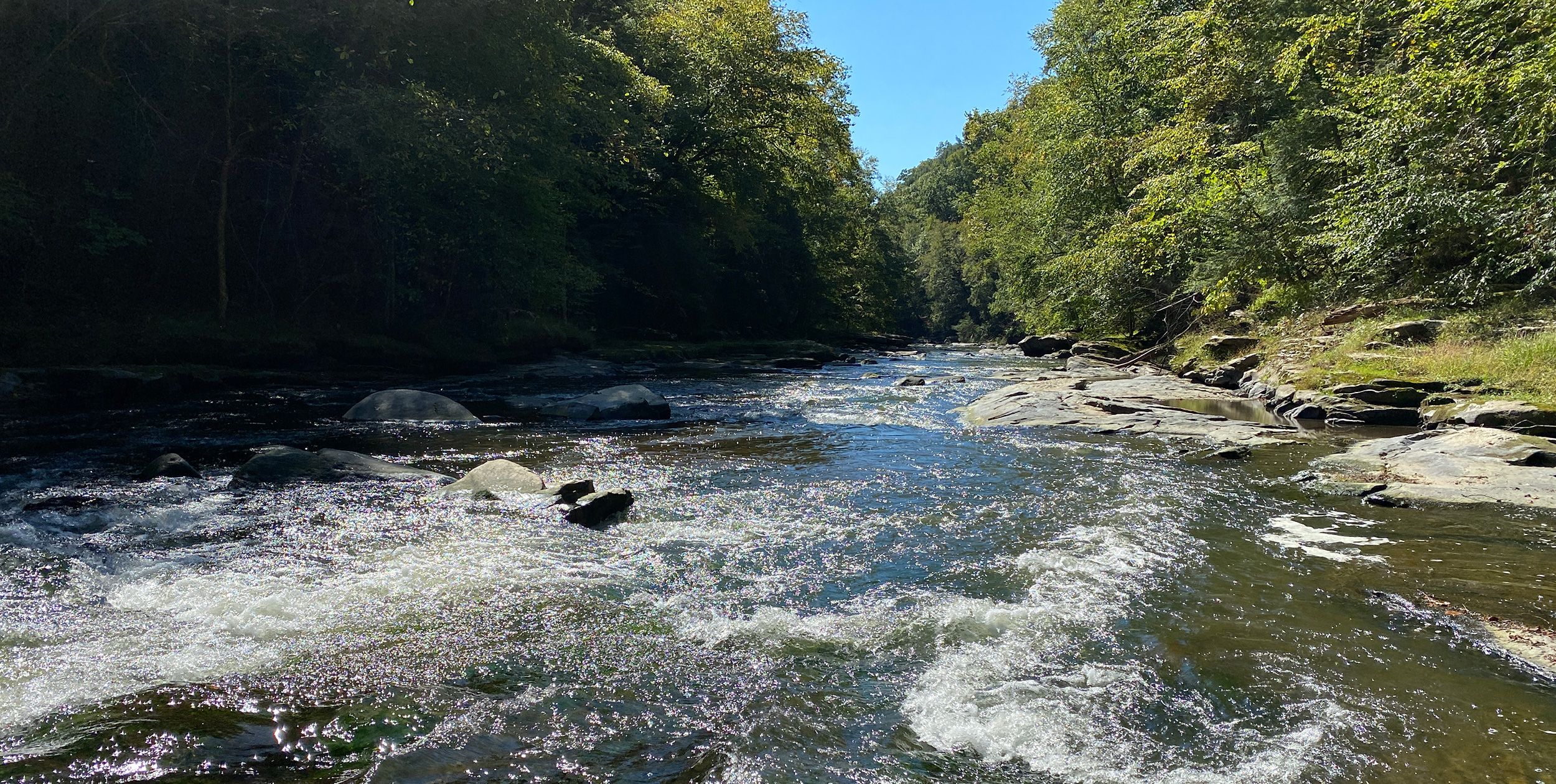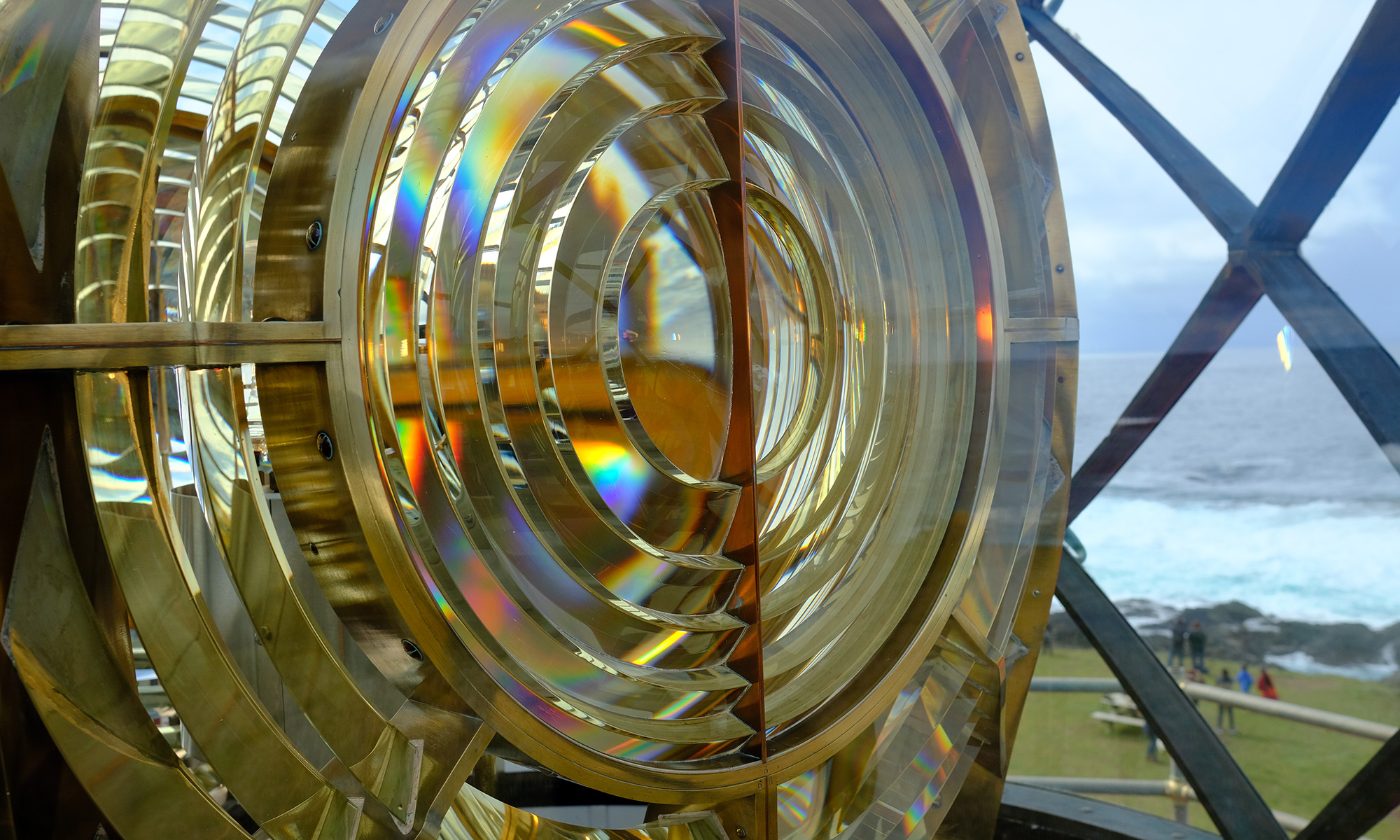
Some years pass so quickly that annual rituals seem to fold on top of each other. It’s Halloween again? Dress the dog up in the costume that it feels like we just bought. It makes him look like a UPS driver and he freezes in place until we take it off. Snap some photos, pack it away, spin around the sun again. The suitcase is never put away: unpack, repack, download the podcasts, make the coffee, board the plane. Repeat.
It’s a cruel correlation that time can go quickly when things are going well. Being busy, productive, it’s a lubricant for your calendar. The slippery days glide forward, the summer is scheduled before it’s begun, and honestly it all feels fine because the rapids of life push us forward, through the shallow waters and treacherous whirlpools. We move, we maneuver, and it feels like advancing even if we’re not sure what towards.
Two years ago it felt like the world just stopped, and to a large degree, it did. The pandemic hit at the precise moment I was already making a major change. I’d been living and working in different cities for three years, and the travel had taken its toll. Year one was exciting, year two felt worth it, year three relied on routine and repetition to mask and cope with burnout. A plane is not a bus, no matter how much you distort the idea of a commute to include one. I spent half my time away from home, and the other half away from work. How could I bring my whole self to anything?
I needed to recombine into a single me, grounded in place instead of flying and fluttering in-between. The cure for burnout, I thought, was to live and work in the same city. That, of course, was back when we thought of our work and our bodies as coinciding, before Zoom made our forward-facing gaze the only corporal consideration that matters. I never got to find out if that’s what I needed, since the day I started a new job, in the city I live in, was the day the coronavirus shut the country down. The unification of work and life remained forever pending, a mirage that disappeared as my company evolved from local to distributed.
Working from home sounds nice, and some people love it. At another time, in other circumstances, that might even include me. But I’d already been remote half-time for three years, and that’s part of what I wanted to change. I kept telling myself I was lucky, that I could work from home, unlike so many others. But still. Days filled with video calls have a way of collapsing the boundaries between work and life, while precluding any natural sense of togetherness with coworkers. It’s convenient but isolating, efficient but stifling. It was not a cure for burnout.
There’s a joke about COVID Standard Time, where today is March 744th, 2020. It speaks to the stuck-ness of the pandemic, to the impassable obstruction that’s blocking the river we were floating down. For the last two years my world has shrunk to the inside of a row house, as I peered out through screens of various sizes to watch the world fall apart. A deadly virus, racial violence, an attempted coup, and now Putin’s war.
There is much about the world that I can’t change, so I have to focus on what I can. After two years, I’m still feeling burnt out, only more-so. I need a do-over, the chance to reboot and maybe take a different path. So I’m taking a sabbatical.
I don’t have a set time frame, but I want to give myself enough space that I might be surprised by the outcome. There’s not an explicit goal, but I want to do more writing, reading, learning, and making. I’m not sure what my work looks like at the end of this, but I know that I’m more motivated by learning and collaborating with people I like, than I am by profit or competition.
Most of all, I need to take some time to reorient. When the river gets jammed up it gives you a chance to ask if you’re even heading in the right direction. Maybe I missed a turn along the way, maybe I just need to stop for a picnic and keep heading downstream. Either way, I’m taking some time to figure it out.
